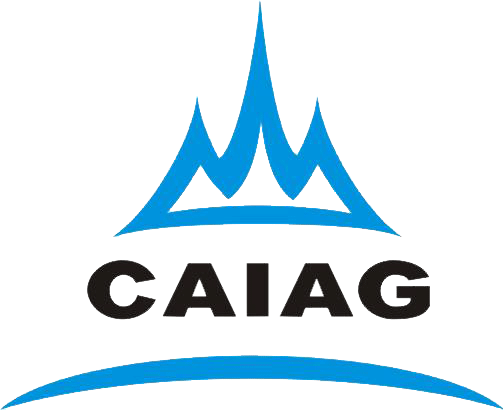International Soil Day
On December 5 each year, the world celebrates World Soil Day, drawing attention to the importance of soil health and sustainable soil management. The idea for the day was proposed by the International Union of Soil Sciences in 2002. Under the leadership of the Kingdom of Thailand and the Global Soil Partnership supported by the Food and Agriculture Organization of the United Nations (FAO), the day was officially established in 2013 at the 68th session of the UN General Assembly.
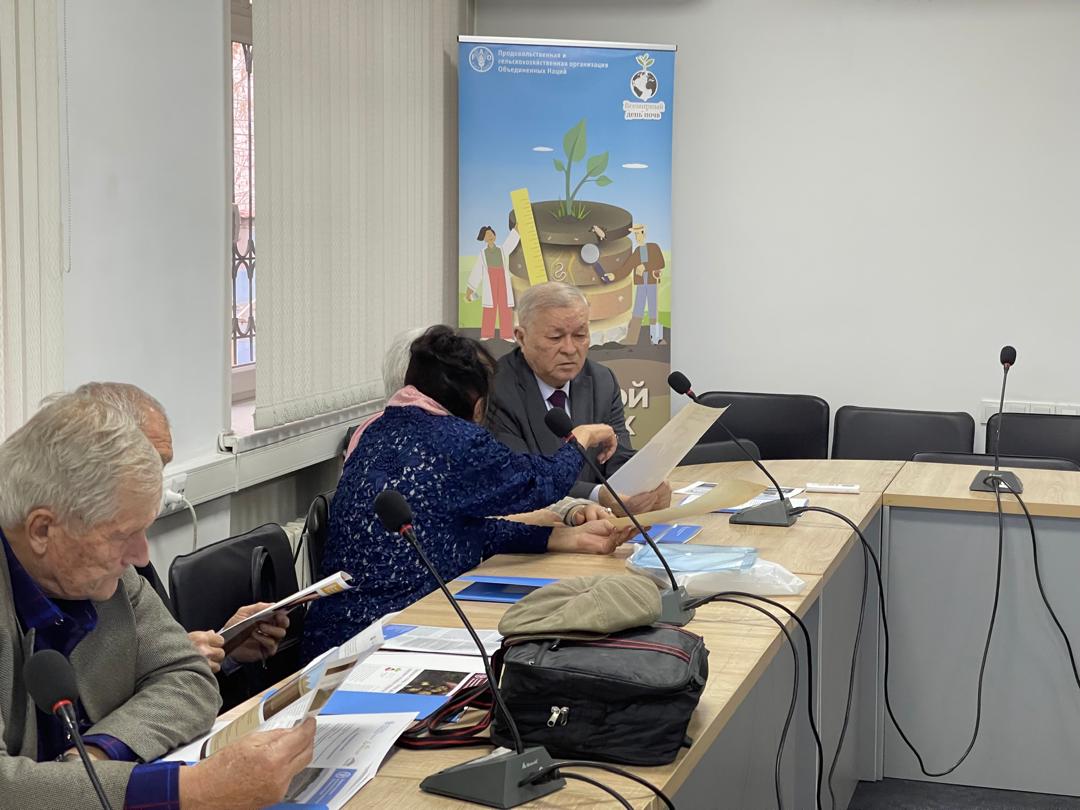
On December 6, 2024, a seminar dedicated to the International Soil Day was held in Bishkek, organized by the Branch of the Republican Soil Agrochemical Station “Kyrgyzgiprozem” under the Land Resources Service of the Ministry of Agriculture of the Kyrgyz Republic at the Central Asian Institute of Applied Geosciences. The event brought together experts, scientists and students to discuss topical issues related to soil health. The workshop was dedicated to the topic “Healthy Soils and Monitoring of Soil Resources”.
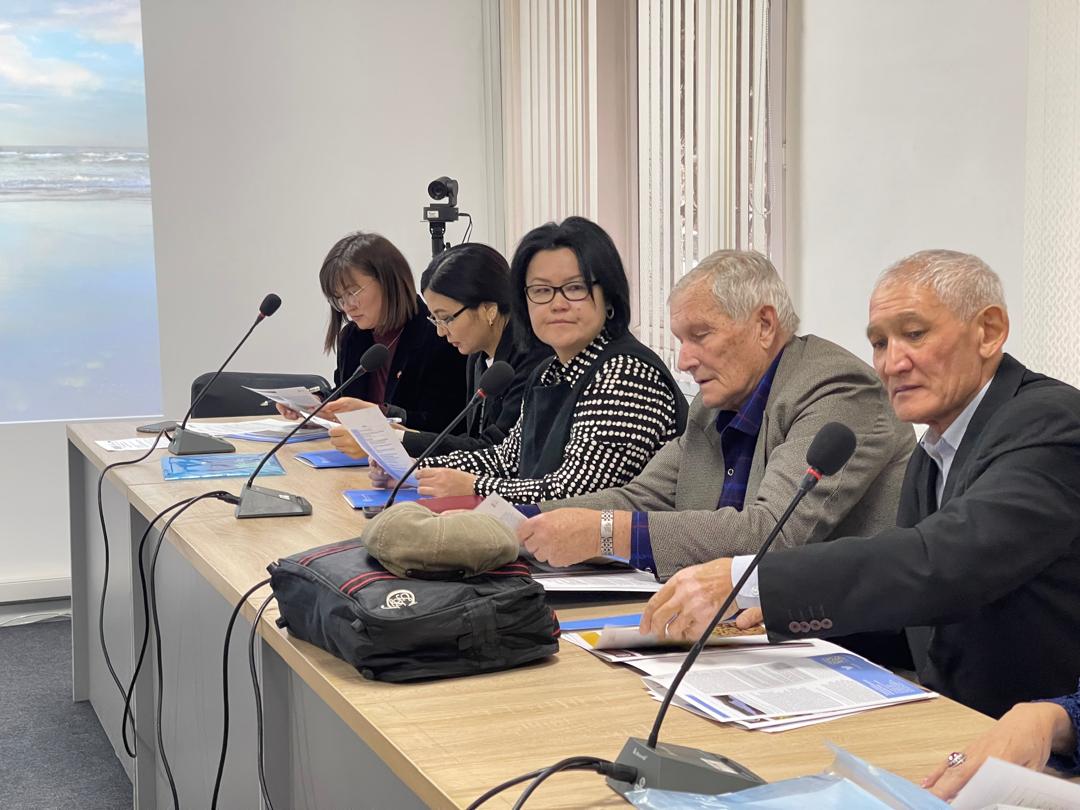
Among the honored guests were: Mr. E.M. Baibagyshov, President of the Society of Soil Scientists of Kyrgyzstan named after Academician A.M. Mamytov, Mr. Oleg Gugeldiev, FAO Representative in the Kyrgyz Republic, Mr. Kim Kwang-ja, Ambassador Extraordinary and Plenipotentiary of the Republic of Korea, and Mr. Idrisov Turatbek, Head of the Department for Implementation of Decisions on Crop Production and Horticulture of the Ministry of Water Resources, Agriculture and Processing Industry of the Kyrgyz Republic.
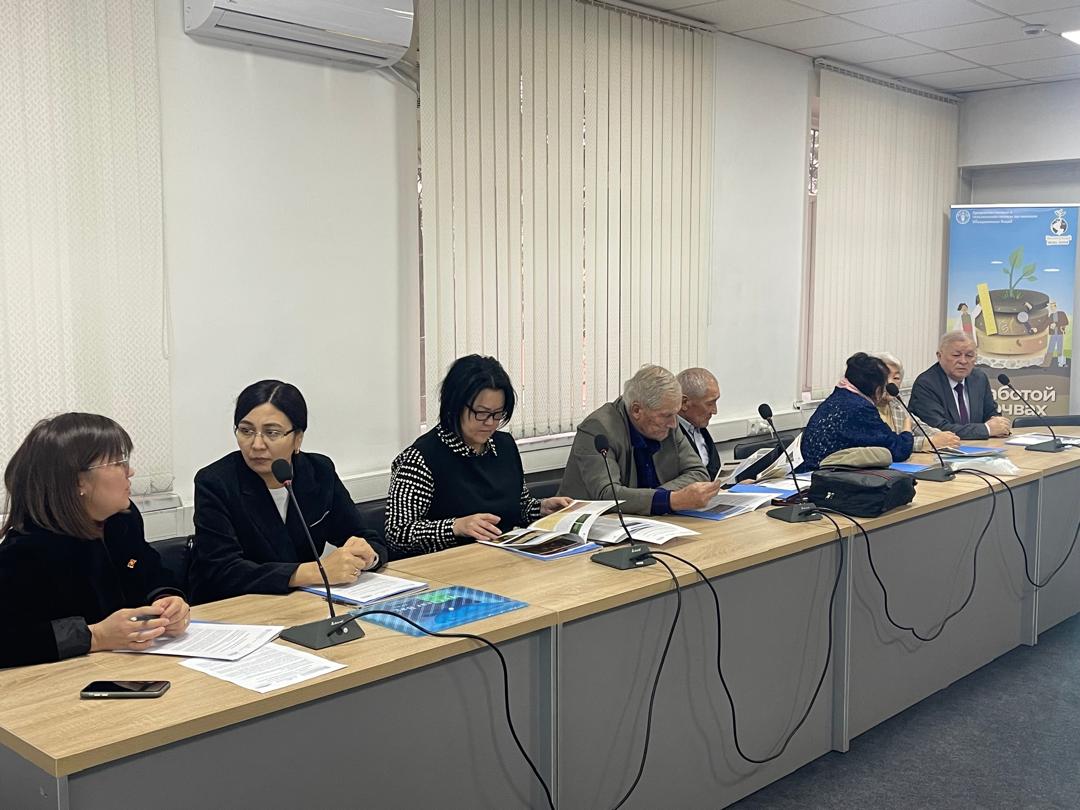
The workshop was supported by such organizations as the Food and Agriculture Organization of the United Nations (FAO), AFACI and the Soil Science Society of Kyrgyzstan. The participants included soil scientists, members of the Society of Soil Scientists of Kyrgyzstan, staff of the Kyrgyz Research Institute of Agriculture, graduate students and students of KNAU and KTU Manas.
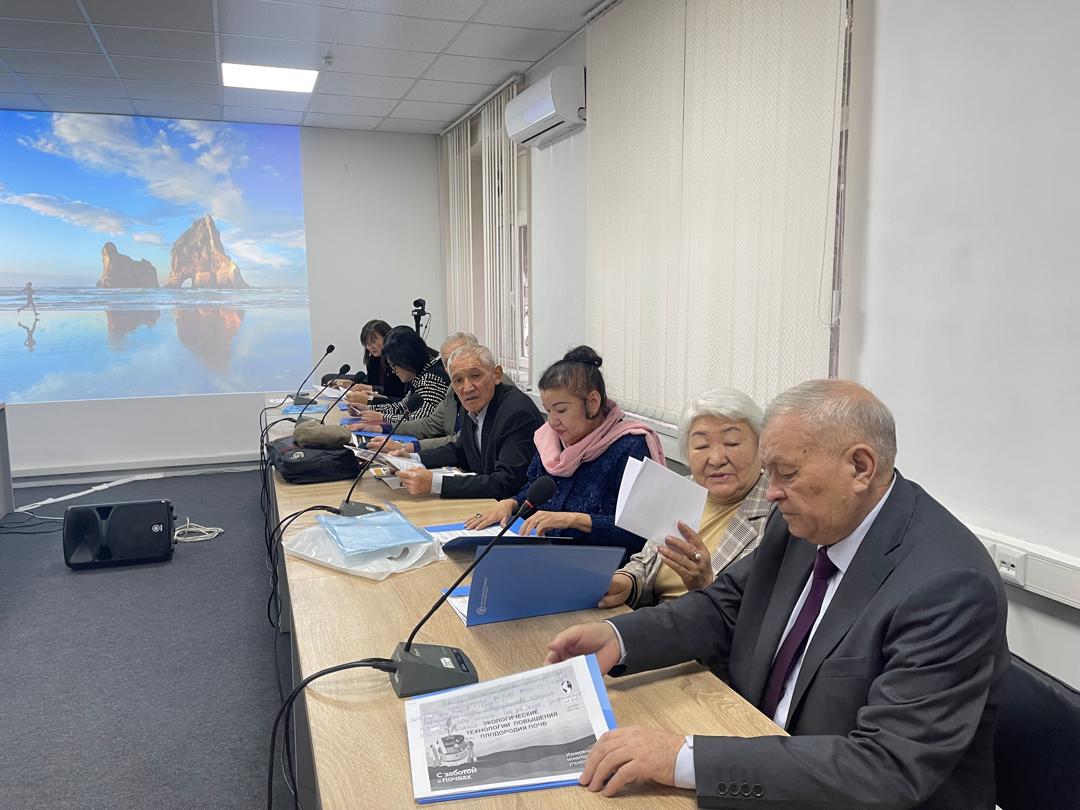
Soil and water are key resources for sustaining life on Earth. 95% of the food we eat depends on healthy soil, and soil health is directly linked to the quality of water resources. Soil water plays a critical role in the uptake of nutrients by plants and keeps ecosystems functioning. The soil-water relationship is the foundation of sustainable agricultural systems.
However, climate change and human activities are degrading soils, putting excessive pressure on water resources. Erosion, soil compaction and loss of soil's ability to filter and retain water reduce the availability of water resources for all forms of life. To address these problems, it is important to implement sustainable soil management practices such as minimal loosening, crop rotation, adding organic matter, and using cover crops. These practices improve soil health, help control erosion, enhance biodiversity, increase soil fertility and help sequester carbon, which is important in the context of climate change.
Sustainable management of soil and water resources plays a crucial role in improving the Earth's ability to cope with extreme climate events such as droughts, floods and sandstorms, contributing to food security and preserving ecosystems.
